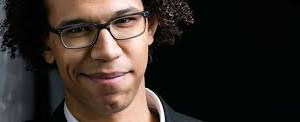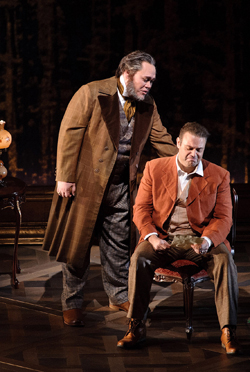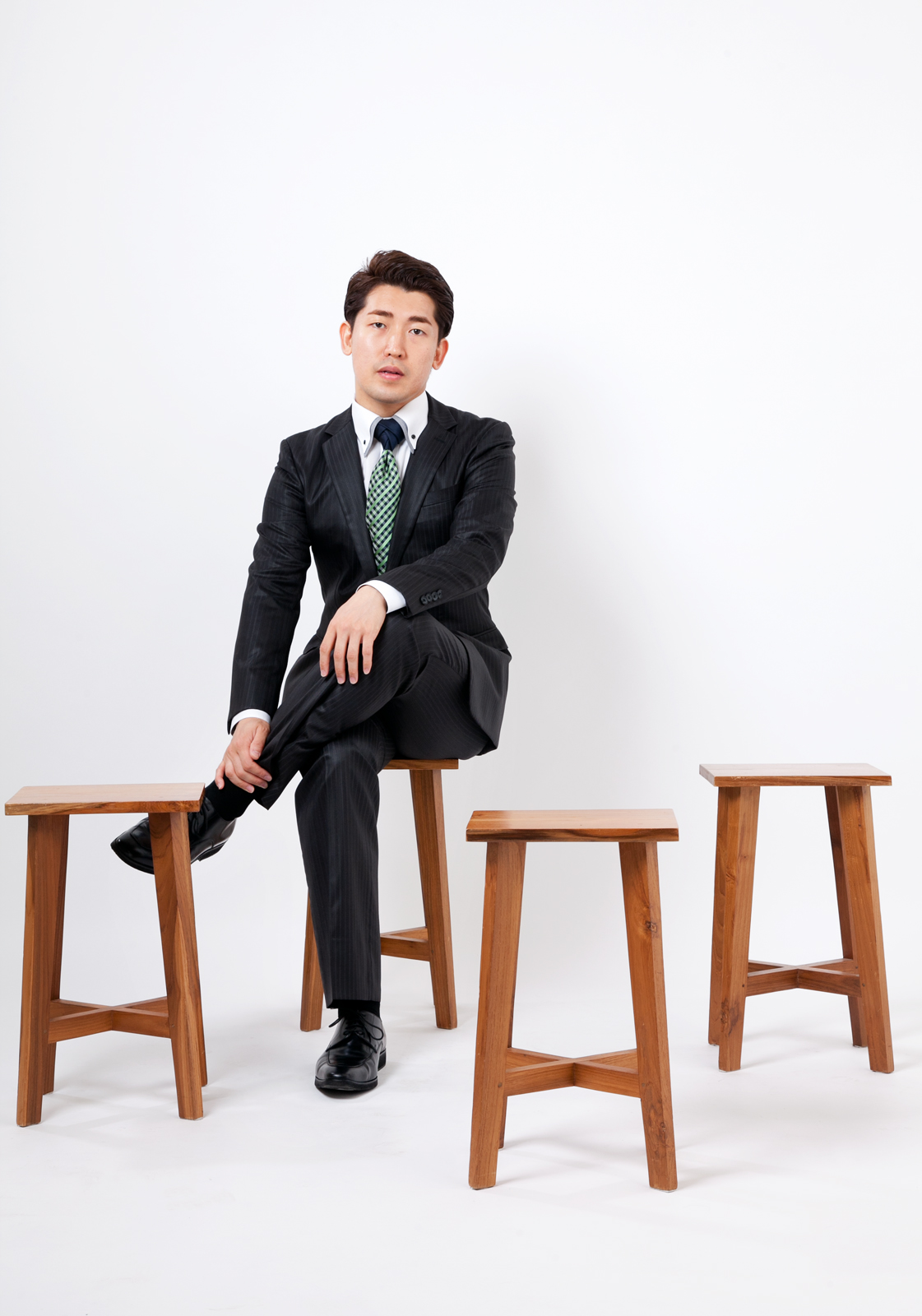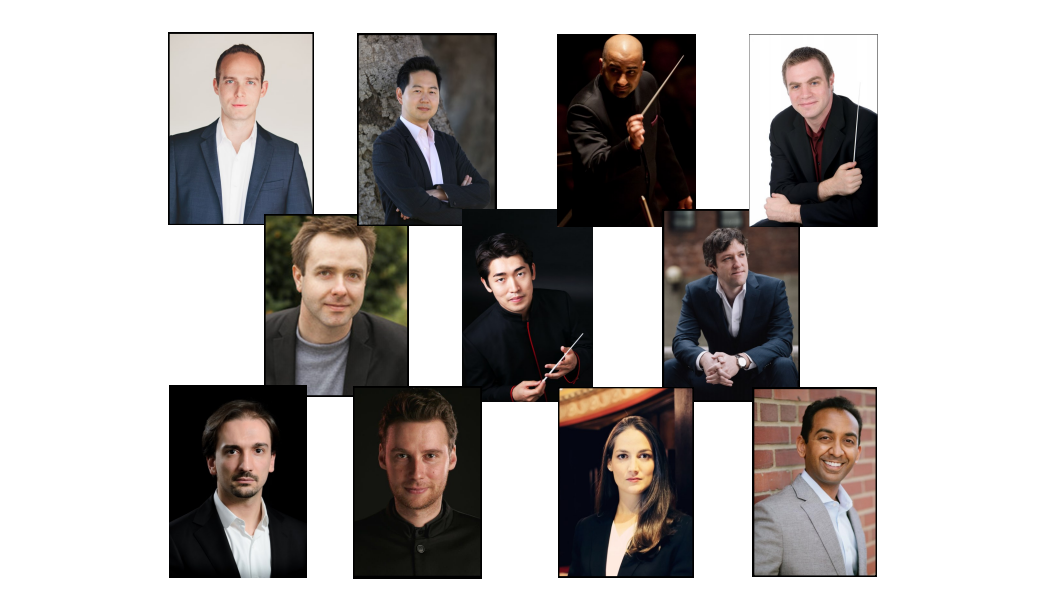Jonathon Heyward, the 29-year-old classical music phenom whose skill on the conductor’s podium has generated international headlines, was named Thursday as the next music director of the Baltimore Symphony Orchestra.
When Heyward begins his five-year contract in the fall of 2023, he will be the only Black American conductor leading a major U.S. symphony orchestra and just the second in history. He will be the BSO’s 13th music director.
“I think we are poised for great things at this moment,” said Brian Prechtl, chairman of the Baltimore Symphony Orchestra Players Committee and a member of the search committee seeking a successor for former music director Marin Alsop. “The hiring of Jonathon Heyward is going to be a marquee moment for The Baltimore Symphony Orchestra.”
Heyward’s appointment occurred at warp speed in classical music terms, where the search for a new music director frequently can take two or three years. Initially, symphony officials said that a successor to Alsop, the first woman to helm a major American symphony, might not be appointed until the spring of 2024.
The chief conductor of Germany’s Nordwestdeutsche Philharmonie, Heyward didn’t even make his debut with the BSO until four months ago.
But the orchestra and search committee members liked what they heard so much during the concerts in March that they invited Heyward back to Baltimore just one month later to conduct a benefit concert that raised $40,000 to aid Ukrainian residents and refugees.
“It was a no-brainer decision on the part of the search committee,” BSO President and CEO Mark C. Hanson said.
“Jonathon’s chemistry with the orchestra was palpable,” Hanson said. “He’s a very, very talented and inspiring conductor, and he speaks passionately about the need to remove barriers that are sometimes perceived and sometimes real between the orchestra and the community.”
Though the search might have been speedy in orchestral terms, it was thorough, according to Hanson and Prechtl.
“I think many of the musicians knew after the April concert that he was the one,” Prechtl said.
“It was clear that of all the candidates we had seen so far, Jonathon was the standout,” he said. “But we wanted to do our due diligence, so we got through the rest of the season before we made him an offer. Right now, 17 orchestras in the country are searching for new music directors. We didn’t want to twiddle our thumbs while someone else snatched him up.”
Heyward’s appointment marks the second time in four months that a person of color has been selected to head a major Baltimore cultural institution. Jenenne Whitfield, president of Detroit’s Heidelberg Project, will become the new director of the American Visionary Art Museum in September.
Heyward will be just 31 years old when he begins his new job in a profession in which many of his peers are in their 60s or older. Of the 26 music directors leading what the League of American Orchestras classifies as “Group 1″ orchestras, the average age is 56. The next youngest music director, Gustavo Dudamel of the Los Angeles Philharmonic, is 41.
Prechtl said that Heyward’s age will help the BSO build a more diverse audience.
“To have a conductor who is young and who is a person of color is really valuable in a city like Baltimore,” Prechtl said. “There’s a saying: ‘If you can’t see it, you can’t be it.’ Imagine what it means for a young boy or girl to come to the BSO and see someone who looks like Jonathon on the podium.”
Heyward said he’s impressed with Baltimore’s educational outreach, and in particular with OrchKids, the music education program in Baltimore schools aimed at achieving lasting social change. Alsop founded OrchKids in 2008 with $100,000 of her own money.
“My family came from a very low socio-economic background,” said Heyward, adding that he grew up in Charleston, South Carolina, the son of a Black father and a mother of Yugoslavian descent who both worked in a diner.
“My father was the chef and my mother was a waitress,” he said.
“I grew up listening to jazz and rock, but certainly not to classical music,” he said. “I owe my entire career to the Charleston Public School System and its music education programs that provided me with free instruments and free lessons.”
At age 10, young Jonathon picked up the cello. The instrument connected with him viscerally, and within a year, he had transferred to an arts magnet school.
Exploring a piece of classical music, he said, “is like peeling an English onion.
“You can never really get to the core of it. Every time we experience it, we experience it in a different life. That’s the beauty of it.”
In the eighth grade, the budding cellist discovered that he was really meant to be a conductor.
One day at school, his teacher was sick. The substitute teacher wasn’t musical enough to conduct even a class of students, so she drew the name of the student who would be that day’s conductor out of a hat. The slip of paper she pulled read “Jonathon Heyward.”
“I hated the idea of being in front of people and of standing on a box and being the center of attention,” Heyward said.
“But I discovered that I loved the idea of being a collaborator and making one unified voice out of many,” he said. “Being a conductor meant that I could be a storyteller. It’s a story that changes the more you listen to it, and it changes from orchestra to orchestra.”
Audiences and the orchestras responded to his style.
When Heyward lead the National Symphony Youth Orchestra of Great Britain in 2021 during its debut at the prestigious BBC Proms, one critic wrote: “Heyward’s a man of 29 coolly heading for the stratosphere.”
This is shaping up to be a big year for Heyward. Two months ago he married his wife Millie, an aspiring opera singer. In August, he will make a career-defining appearance conducting the Mostly Mozart Festival Orchestra at New York’s Lincoln Center, where he will be joined by superstar violinist Joshua Bell.
Classical audiences in Baltimore can get an early look at Heyward next May, when he will perform two weekends of concerts as music director designate.
“One of the most important ideas in classical music is that anyone can be a part of this art form. That is a responsibility that I don’t take lightly,” he said.
“If a 10-year-old boy from Charleston, South Carolina, can be so moved and enamored by this music, anyone can.”




